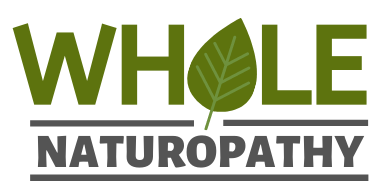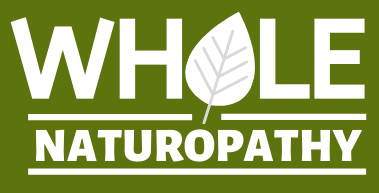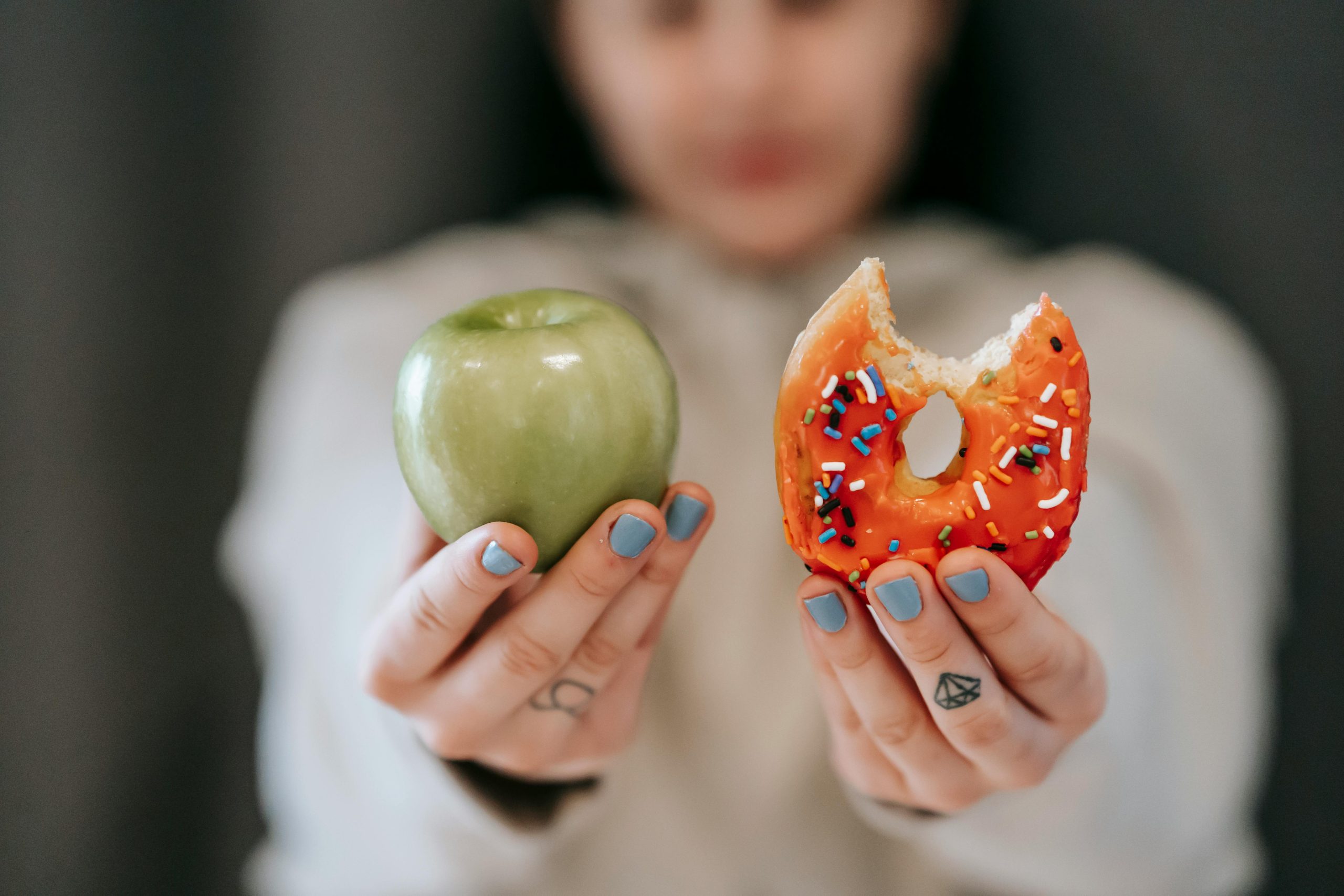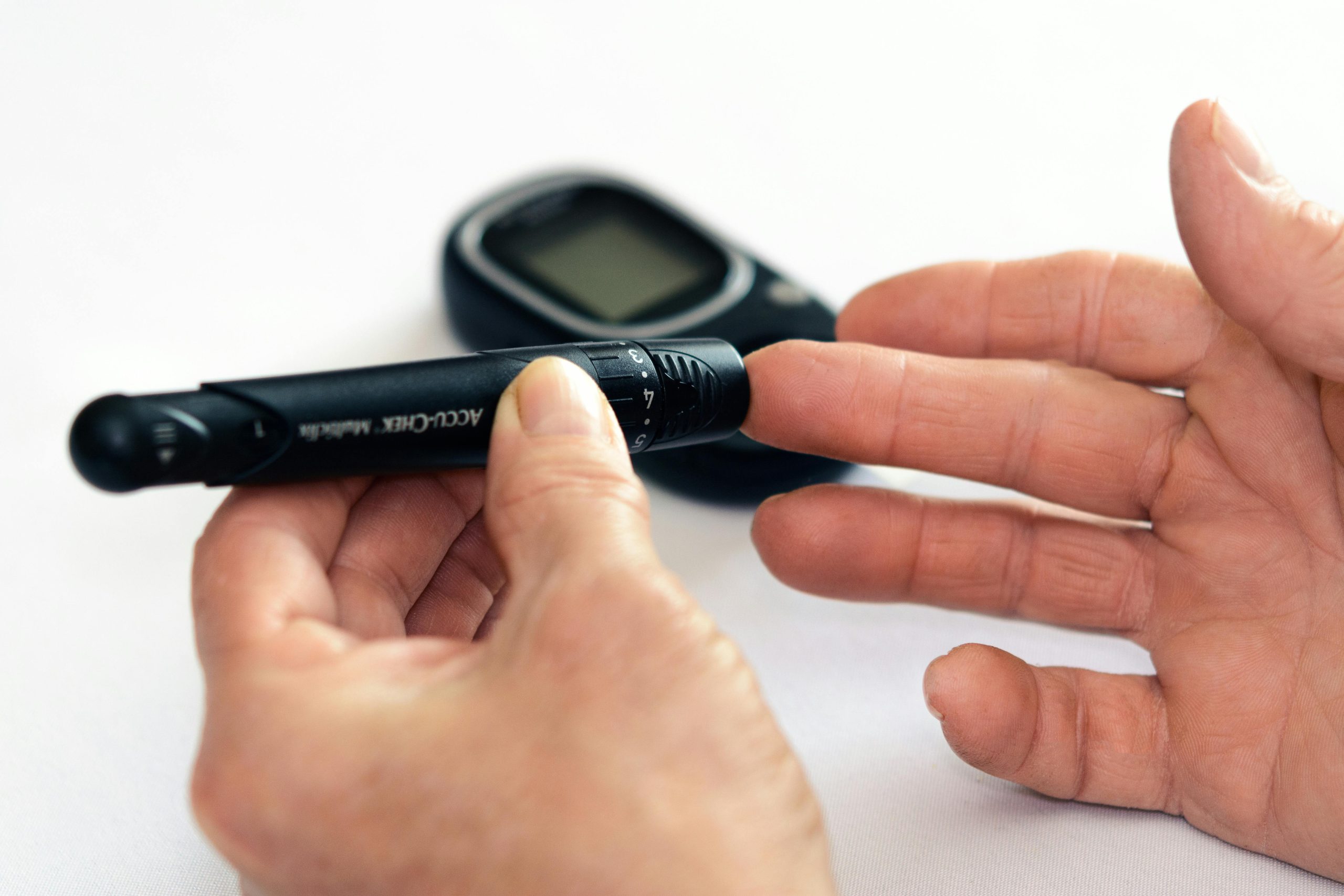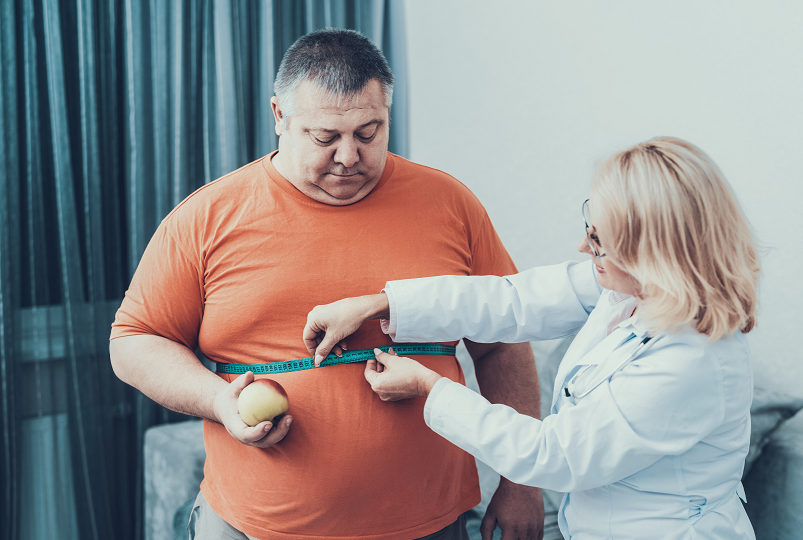Breathing to calm the mind
When you’re feeling stressed or anxious and especially if you’re feeling stuck in that state, it can be really helpful to have some tools that you can use, to move out of it, into your calm, rational mind. Autonomic nervous system Your autonomic nervous system has 2 modes: sympathetic nervous system (fight or flight), and parasympathetic nervous system (rest and digest). Don’t worry too much about the names of these 2 modes, they were given hundreds of years ago and the original theories around what they did, turned out to be untrue. Long term balance To balance your autonomic nervous system in the long term, you want to make sure your life includes activities that you find fun or relaxing: exercise, time in nature, and time with friends (especially...
